India is considering various measures to curb the increase in the amount of steel coming into the country with low or zero customs duty under the India-ASEAN Free Trade Agreement (FTA). This increase comes at a time when Chinese companies are increasing their investments in steel production capacity in ASEAN.
The Indian government, along with the ministries of steel and commerce, is discussing measures to address this situation ahead of the next round of India-ASEAN FTA review talks in February. One potential measure is to impose a safeguard duty to protect domestic steel producers.
Chinese companies are expected to set up around 97 million tons of blast furnace-basic oxygen furnace (BF-BOF) capacity in ASEAN countries in the next 5-6 years. This increased capacity will exceed the ASEAN region’s annual steel consumption of 75 million tons, with most of the excess production going to exports. India is becoming an attractive market for surplus steel due to the low customs duty advantage.
The General Secretary of the Indian Steel Association, Alok Sahay, said that the demand for steel in ASEAN is expected to show a limited increase and the additional capacity will mostly be directed to export markets. The increase in exports to India could add pressure to the domestic market.
Sajjan Jindal, Chairman and Managing Director of JSW Group, also expressed concern over the situation. He stressed that China’s excess steel production capacity is flooding the global markets and the country’s steel exports are equal to India’s entire production. However, Jindal said that the challenge is not just direct imports from China but also indirect entry of Chinese steel into India through third-party countries that have trade agreements with the country.
Jindal explained that while Chinese steel faces tariffs in markets like the US and Europe, it bypasses these hurdles by entering India through ASEAN countries. These countries import Chinese steel for their domestic needs and export it back to India without paying duty, taking advantage of tariff-free FTAs with India. Jindal argues that this loophole undermines the integrity of India's steel industry and creates unfair competition for local producers.


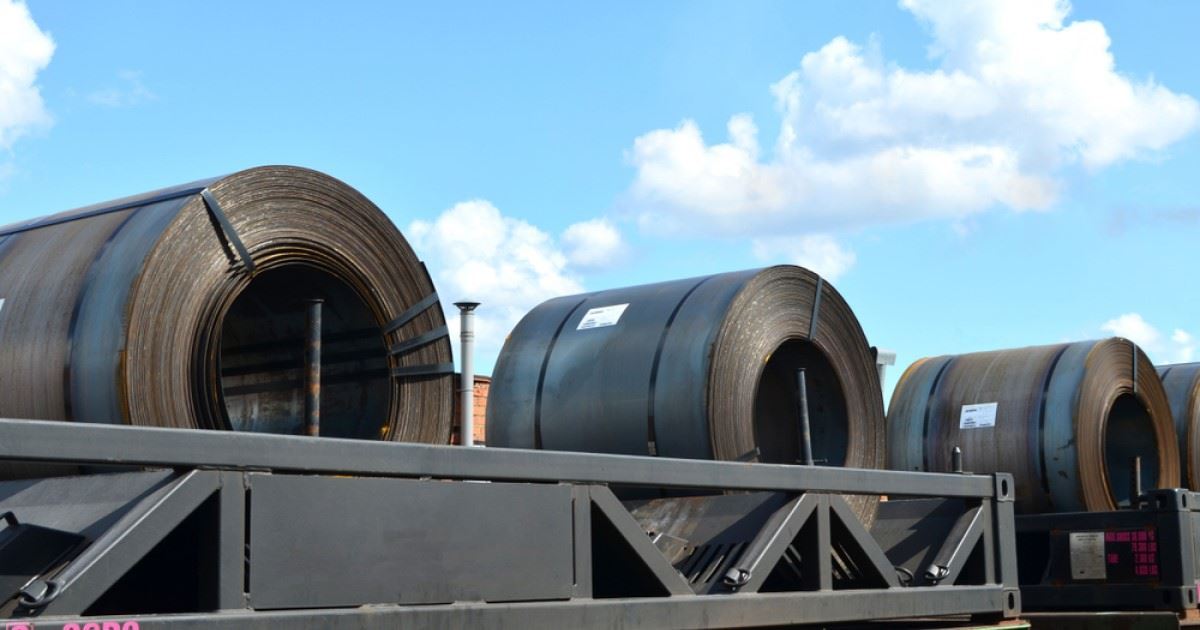
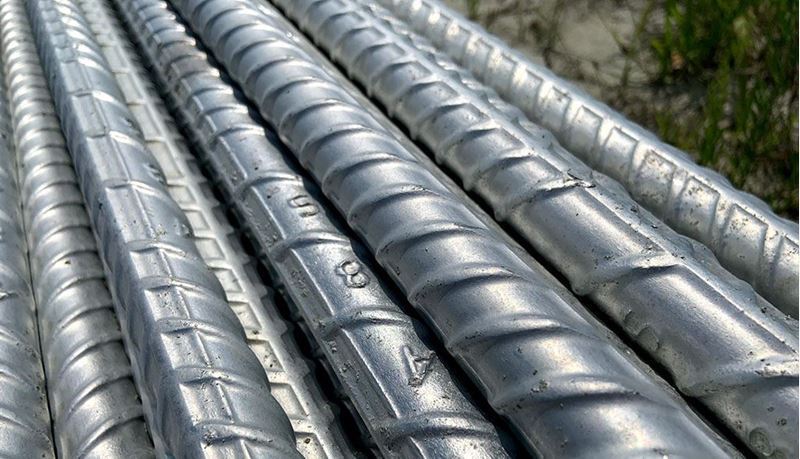

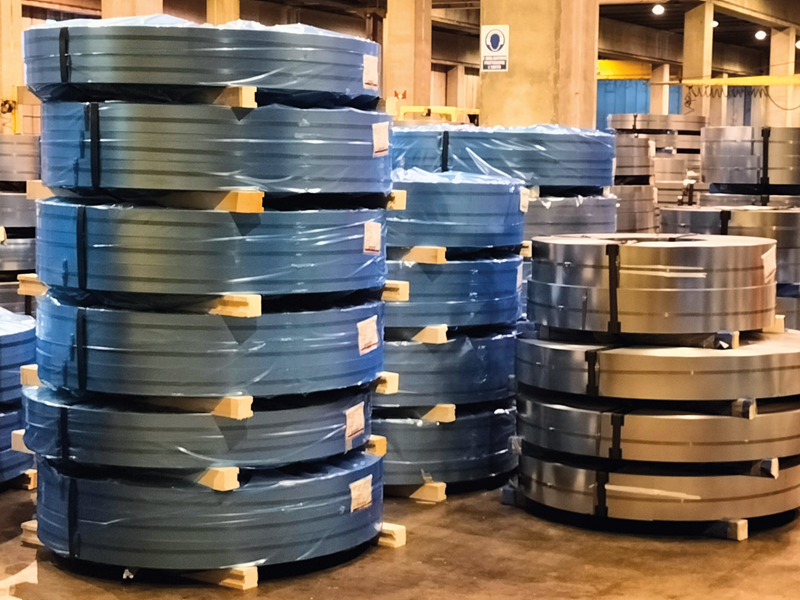
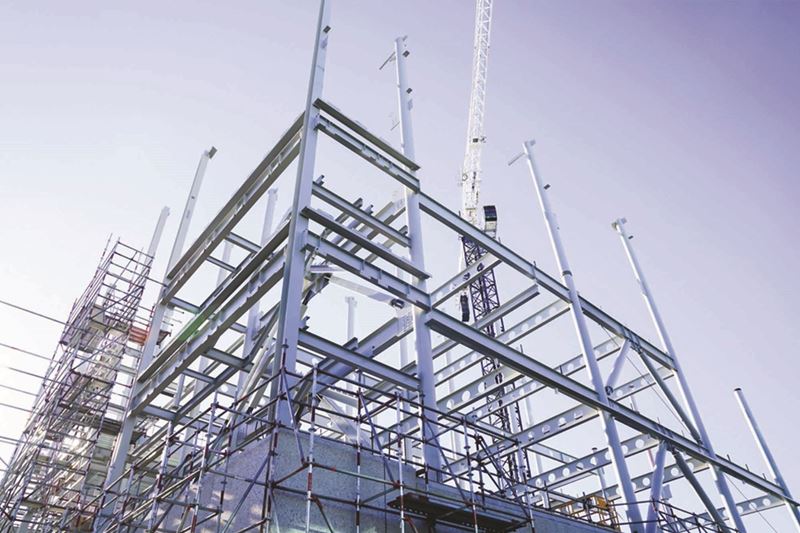
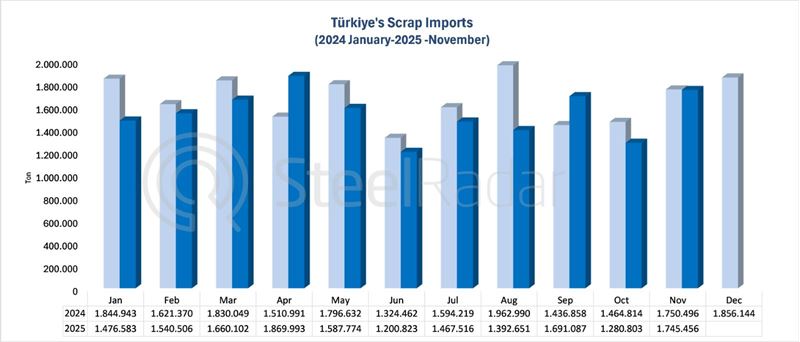


Comments
No comment yet.